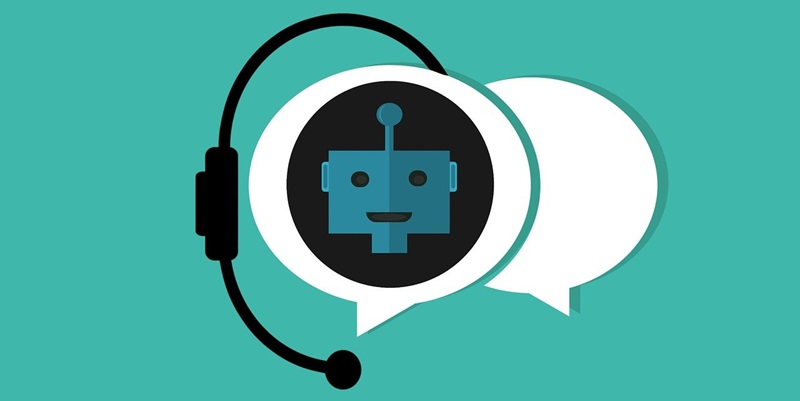Chatbots have experienced a significant evolution, transitioning from simple script-based systems to complex AI-driven conversational agents. This shift is not merely technical, it represents a broadening of the role chatbots play in digital interactions. Initially designed to handle straightforward customer service inquiries with preset responses, modern chatbots are now capable of engaging in detailed, context-sensitive conversations. This leap forward is attributed to advancements in natural language processing and machine learning, which have propelled chatbots to the forefront of digital interfaces. They now serve as indispensable tools across numerous domains, offering personal assistance, streamlining business processes, and improving user experience with their ability to understand and respond to human language with increasing sophistication.
The Evolution of Chatbot Technology
The journey of chatbots began with simple programmed responses, where interaction followed a predetermined script. These early chatbots were limited, unable to manage anything beyond basic queries. However, as AI research intensified, so did chatbot capabilities. The incorporation of machine learning algorithms led to chatbots that could learn from interactions, improving their responses over time. With advancements in natural language processing, chatbots gained the ability to understand and generate human-like text, making interactions more natural and engaging. This technological leap did not merely enhance the user experience but also expanded the utility of chatbots into new domains.
Today’s AI-powered chatbots are marvels of engineering, capable of sustaining coherent and contextual conversations. Leveraging vast amounts of data, they can personalize interactions, recall previous conversations, and even exhibit humor or empathy. ChatGPT by OpenAI exemplifies this sophisticated level of interaction, able to engage in surprisingly deep and varied conversations. As chatbot technology continues to evolve, we can expect these AI partners to become even more adaptable, understanding nuances like sentiment, tone, and intent with increasing precision.
Chatbots in Business and Ethics
Chatbots have transcended customer support roles, now reshaping business by streamlining workflows, providing analytics, and aiding in decision-making. They leverage machine learning to perform diverse functions like setting up meetings and nurturing sales leads, offering potential cost reductions and greater operational efficiency. Innovations like Perplexity’s “answer engine” exemplify AI’s transformative role in information access.
Yet this progress brings ethical challenges, especially regarding user privacy and consent, as well as concerns over involuntary AI-generated content. There’s a pressing need for regulations that address these ethical issues without stifling innovation. As AI becomes more integrated into our lives, a concerted effort from companies, consumers, and lawmakers is crucial to uphold ethical standards in AI development and maintain the delicate balance between innovation and user protection.

